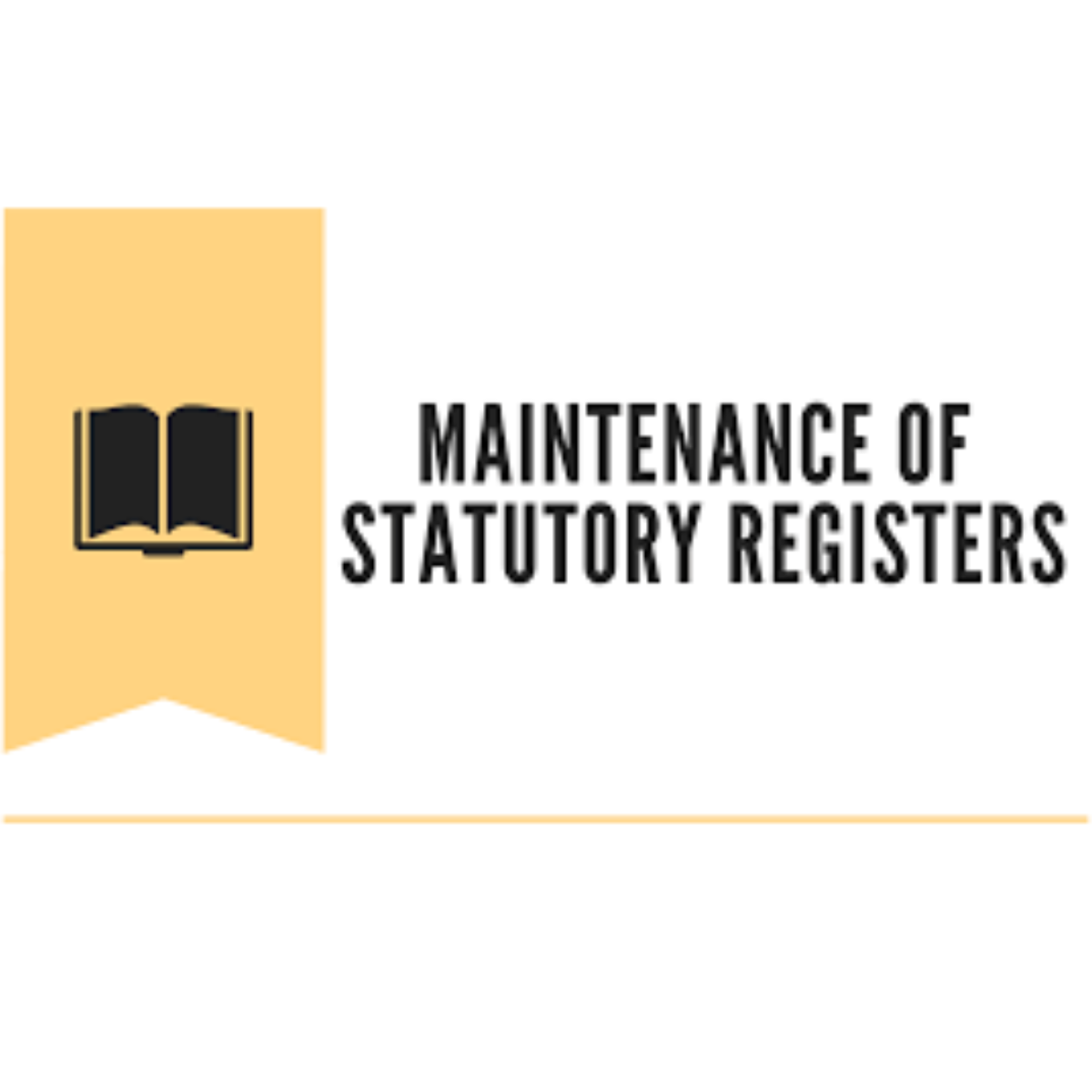BSE and NSE recording posting compliances on the Bombay Stock Trade (BSE) and Public Stock Trade (NSE) includes guaranteeing that recorded organizations satisfy administrative prerequisites and uncover pertinent data to the stock trades as soon a possible.
Here is an outline of the interaction BSE and NSE:
- Applicability:
- The Securities and Exchange Board of India (SEBI), the regulatory body in charge of India’s securities markets, imposes a number of listing and disclosure requirements on companies that are listed on the BSE and NSE.
- Listing Agreement:
- Listed companies enter into a listing agreement with the respective stock exchanges (BSE or NSE). The posting arrangement frames the commitments and obligations of the organization concerning revelations, corporate administration, and consistence with posting guidelines.
- Listing Compliance Calendar:
- Both the BSE and NSE distribute consistence schedules framing the cutoff times for different posting compliances. Organizations ought to routinely survey the consistence schedule and guarantee opportune accommodation of required archives and divulgences.
- Types of Listing Compliances:
- Posting compliances cover many necessities, including yet not restricted to:
- Financial reporting: Submission of quarterly financial results, annual audited financial statements, and other financial disclosures.
- Corporate governance: Disclosure of board meeting outcomes, composition of board committees, and adherence to corporate governance norms.
- Shareholding pattern: Filing reports on changes in shareholding, including disclosures of promoter shareholding, institutional investor holdings, and public shareholding.
- Regulatory filings: Submission of periodic reports and disclosures to SEBI and other regulatory authorities.
- Insider trading regulations: Compliance with regulations governing insider trading, including disclosures of insider trading transactions and maintenance of insider trading codes of conduct.
- Other disclosures: Reporting material events, such as mergers and acquisitions, corporate restructurings, defaults, and litigation, to the stock exchanges.
- Posting compliances cover many necessities, including yet not restricted to:
- Submission Process:
- Organizations commonly submit required archives and divulgences electronically through the stock trades’ web-based stages or entryways assigned for documenting posting compliances.
- The accommodation cycle might include transferring electronic duplicates of records, finishing up web-based shapes, and giving applicable data according to the endorsed designs.
- Penalties for Non-Compliance:
- Rebelliousness with posting guidelines and inability to meet exposure commitments might bring about punishments forced by the stock trades or administrative specialists. Punishments could incorporate fines, suspension of exchanging, or delisting of protections from the trade.
- Regular Monitoring and Review:
- Organizations ought to lay out powerful interior controls and cycles to screen consistence with posting guidelines and guarantee convenient accommodation of required divulgences. Compliance risks can be reduced by conducting regular status reviews and coordinating with legal and financial advisors.
- Engagement with Stock Exchange:
- Companies should maintain regular communication with the compliance departments of the BSE and NSE to seek clarification on listing requirements, resolve queries, and address any issues related to compliance.
By sticking to posting compliances and satisfying exposure commitments, recorded organizations can keep up with straightforwardness, improve financial backer certainty, and exhibit great corporate administration rehearses in the protections markets.





Really when someone doesn’t be aware of afterward its up to other viewers that they will help, so here it occurs.
I feel this is one of the such a lot important information for me. And i’m satisfied reading your article. But should observation on some normal issues, The site style is perfect, the articles is actually nice :
I conceive this web site holds some real wonderful information for everyone : D.
I like this blog very much, Its a very nice post to read and receive info .